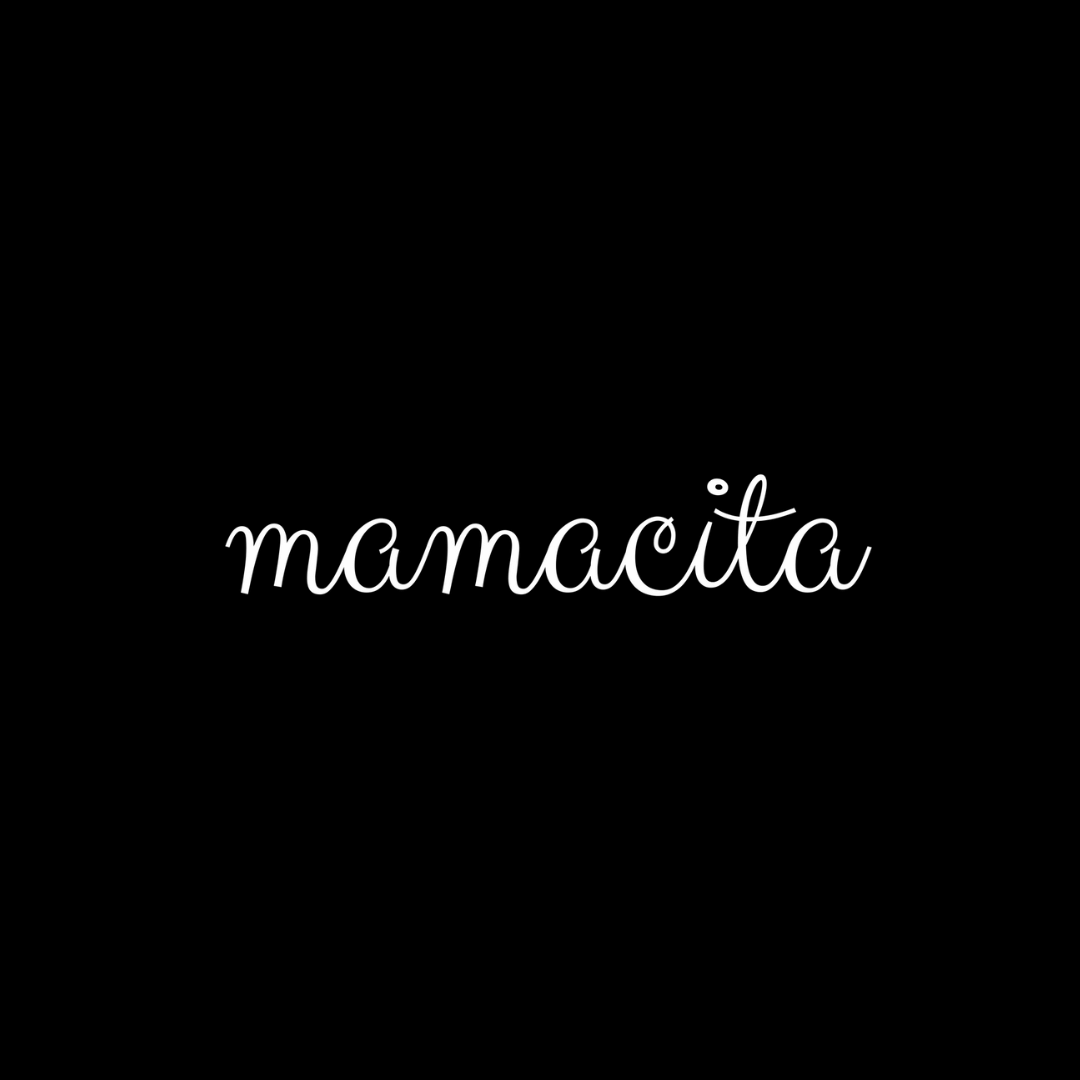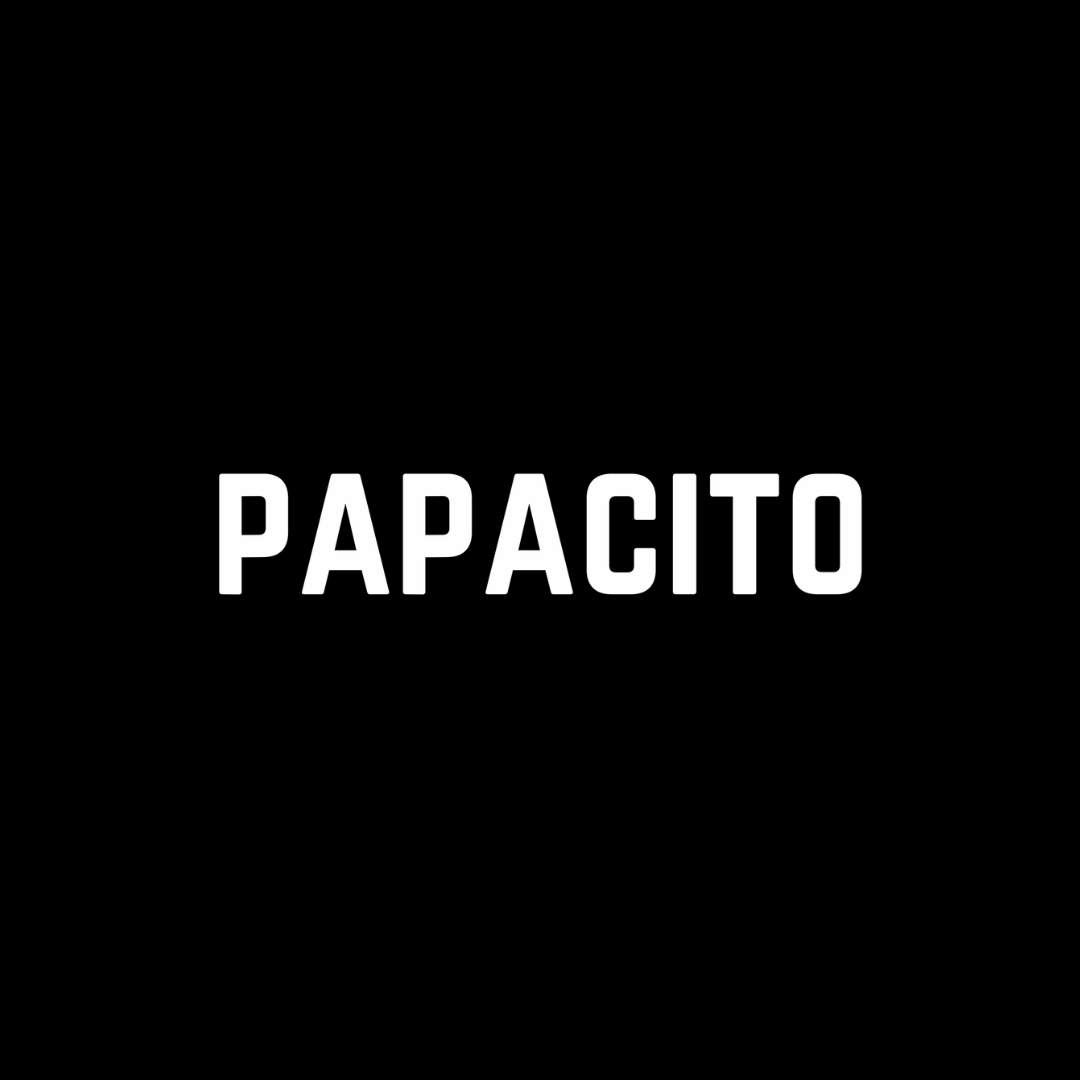
Unveiling the Shadows: The Tlatelolco Massacre and Its Lasting Legacy on Social Justice in Mexico
Share

On the eve of the 1968 Summer Olympics in Mexico City, a tragedy unfolded that would forever mark Mexican history: the Tlatelolco massacre. On October 10, just days before athletes from around the world were set to showcase their talents, the Mexican government launched a brutal crackdown on student protests. Students and civilians gathered peacefully, advocating for greater political freedoms and opposing governmental repression, only to find themselves facing military and police forces equipped with weapons of war.
The Tlatelolco massacre is not just a historical event; it resonates profoundly within the heart of Mexican culture. It serves as a stark reminder of the ongoing struggle for democracy and human rights. For many young people today, particularly those engaged in social justice movements, the lessons from that fateful day are both inspiring and cautionary. The courage displayed by the students has become a rallying cry for generations fighting for civic engagement and the pursuit of justice.
In contemporary Mexico, the legacy of the Tlatelolco massacre can be seen in various forms of cultural expression—art, literature, music, and more. Artists and activists invoke the memory of those who lost their lives in the fight for freedom, turning pain into powerful narratives that challenge the status quo. This narrative transcends borders; it influences similar movements across Latin America, encouraging a united front against oppression.
As our community reflects on this significant historical moment, it's essential to engage in meaningful conversations about our rights and responsibilities as citizens. The echoes of Tlatelolco remind us that we cannot take our freedoms for granted. It invites young voices, especially within the Latino community, to step up, speak out, and advocate for change. The future belongs to those who dare to dream and actively participate in shaping it.
For those eager to learn more about this vital chapter in history and its impact on today's sociopolitical landscape, we encourage you to download our free Spanglish™ app. It’s your gateway to insightful articles and discussions that celebrate our rich heritage and promote awareness within the community. Explore the depth of these stories and continue the conversation that the brave souls of Tlatelolco began.
In conclusion, let's honor the past while embracing the future. The events of October 1968 urge us to remember our heritage and galvanize our community toward a brighter tomorrow. Together, we can ensure that "The Future Speaks Spanglish™."










